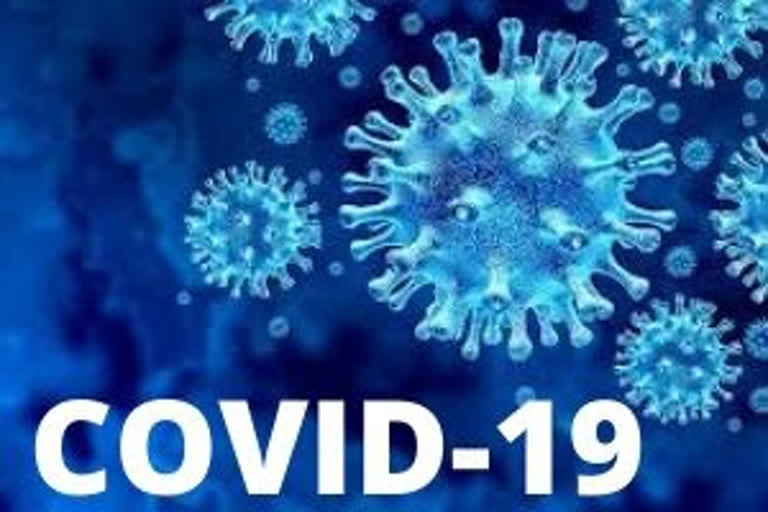Hyderabad: The broad consensus of the COVID-19 era holds that measures to protect public health imply hard trade-offs with economic growth and political liberty, research says.
The coronavirus crisis is forcing a dramatic reassessment of how government and the economy function. As Matthew M. Kavanagh of Georgetown University argues in The Lancet, the pandemic has revealed a trilemma: it is impossible to have a medically healthy society, a healthy economy, and a healthy democracy at the same time.
"The COVID-19 implication is that if we want airlines to keep flying and restaurants and pubs to stay busy, more people will have to get sick and die. On the other hand, if we shut down these activities, the economic downturn will be much more severe than the 2008 global financial crisis, with rates of unemployment similar to those of the Great Depression – and possibly much higher," added Matthew M. Kavanagh.
He further elaborated, as for the economic implications of the pandemic, far from delivering a long-term blow to growth, the virus’s severe short-term shock has actually generated new opportunities. Consider the domain of telemedicine, which allows for virtual doctor visits, self-administered blood tests, and many forms of remote monitoring. The medical profession has stood in the way of these innovations, insisting on physical examinations and other artifacts of a bygone era. Now, medicine and many other industries are finally exploring the opportunities offered by twenty-first-century information and communication technologies.
Also read: COVID-19 LIVE: Spike of 354 cases in last 24 hours, says Health Ministry
Moreover, economists across globe explain that in case of COVID-19, we must protect public health while also preserving the social and political fabric of our lives. To that end, it is already clear that the release and sharing of medical information across borders will be necessary for organizing an effective coordinated response, not just to this pandemic but also to similar challenges in the future. It is also clear that the response to the crisis absolutely must include widespread testing and contact tracing, which entails a partial but certainly not a complete loss of privacy.
Meanwhile, the number of cases of the novel coronavirus across the globe crossed the 1.3 million mark as the global death toll topped 70,000. Eight Covid-19 patients died and 354 news cases were reported in the past 24 hours, taking the total number of infected people in India to 4,421, govt said.



